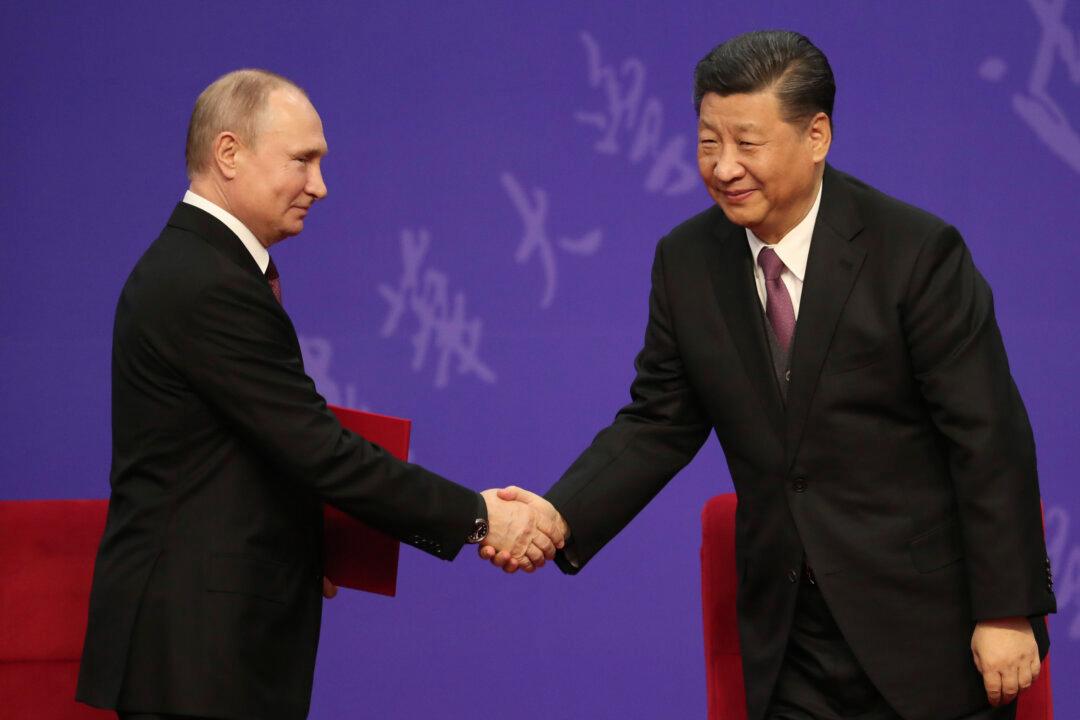A soon-deleted social media post—released to the public apparently by accident—provides a rare glimpse of how the CCP’s messaging on the escalating Ukraine-Russia tension is channeled to the masses.
Horizon News, a video news network under state-run Beijing News, on Feb. 22 instructed staff to avoid posting any Ukraine-related content on China’s Twitter-like Weibo that may come across as unfavorable to Russia or pro-Western.





